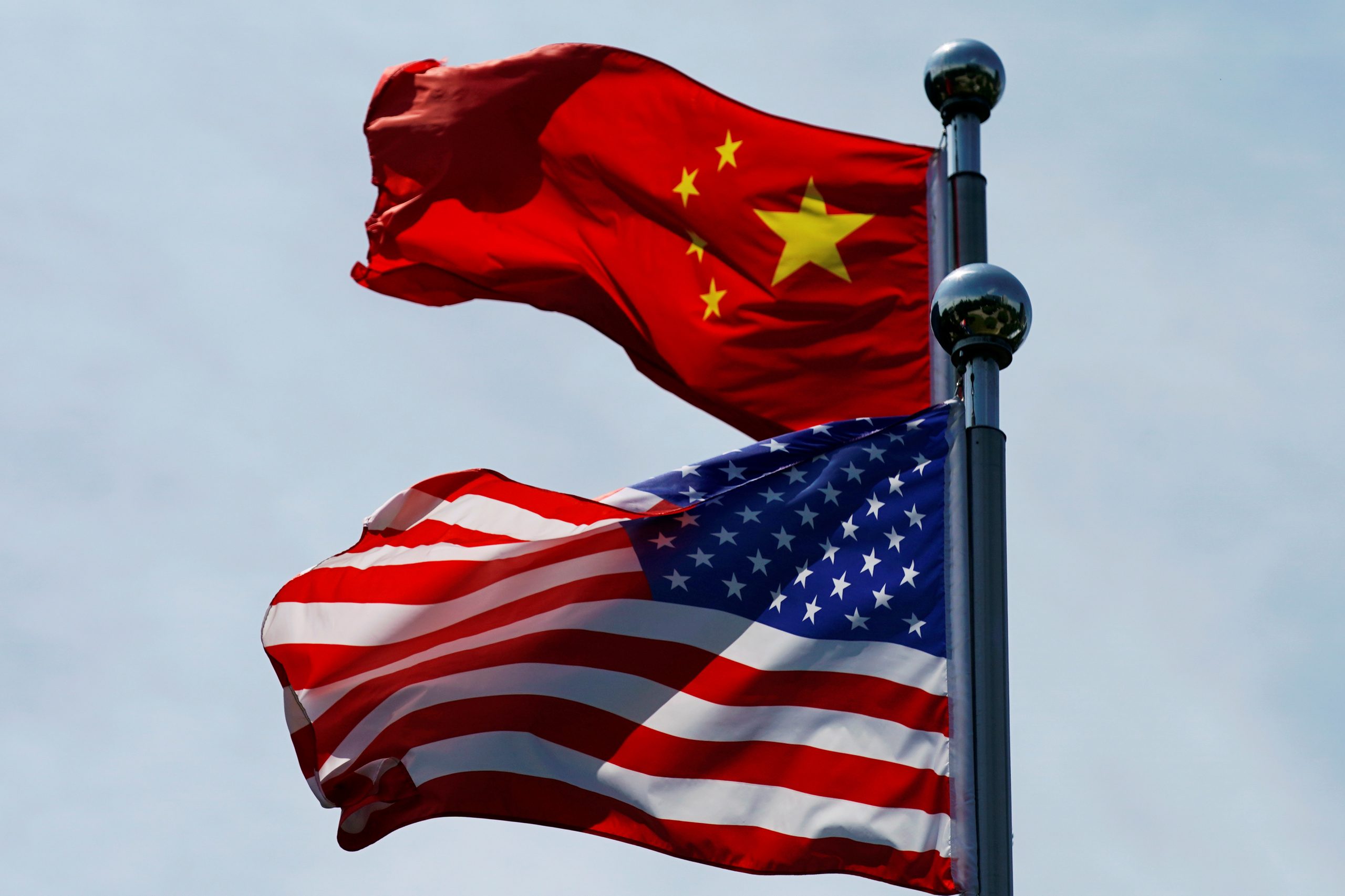China’s foreign minister, Wang Yi, warned the United States on Thursday, saying the U.S. will pay a heavy price if it continues to support the independence of China’s southeastern neighbor, Taiwan.
“There is only one China in the world, and Taiwan is part of China,” Wang said during a Thursday interview with the state-run Xinhua News Agency. “This is an undeniable historical and legal fact.”
Xinhua News translated the interview from Chinese to English.
“Though there is political antagonism between the two sides of the Taiwan Strait as a result of the civil war fought many years ago, China’s sovereignty and territorial integrity has never been severed and will not be severed,” Wang said.
The United States’ backing of the Taiwanese people’s right to self determination violates promises the U.S. made to the People’s Republic of China when then-President Jimmy Carter established diplomatic ties with the Communists in 1979, abandoning formal ties with Taiwan, Wang said.
“The U.S. has gone back on its commitment made when it established diplomatic relations with China, condoned and abetted ‘Taiwan independence’ forces, and tried to distort and hollow out the one-China principle,” the foreign minister said. “This will put Taiwan into an extremely precarious situation and bring an unbearable cost to the U.S. itself.”
China claims sovereignty over the island of Taiwan, considering it to be a breakaway province that must eventually be reunited with the mainland. However, a majority of people from the democratic Taiwan do not want the Chinese Communist Party to rule over them, a 2020 Taiwanese Public Opinion Foundation poll found, according to Taiwan News.
Taiwan used to be a self-governing territory lacking a single central power ruling it in its entirety until the Netherlands conquered it in the 1600s. By the mid-17th century, the Dutch had abandoned Taiwan, after which the island enjoyed a brief period of independence until the Qing Dynasty took over in the late 17th century.
Japan defeated the Qing in the first Sino-Japanese War and ruled it as a colony until the Allied Powers defeated Japan in World War II, after which the Republic of China, successor to the Qing, subsequently gained control of the island.
Then the Nationalists and the Communists, two warring political factions in the Chinese Civil War, resumed their strife with the end of World War II. The conflict resulted in the Communists defeating the Nationalists and seizing control of the Chinese mainland, establishing the present-day People’s Republic of China.
Many of the Nationalists, or the Kuomintang, fled to Taiwan, where they governed the island as the Republic of China. The United States initially considered the Kuomintang as the rightful ruler of China in its entirety. However, when Carter became U.S. president, he switched sides and recognized the Communist government as the rightful ruler of China.
Since then, the U.S., on paper, has backed a “One-China” policy. However, its de-facto support for Taiwanese self-determination grew gradually after the island underwent significant democratization in the 1980s and 1990s. Even today, the U.S. does not formally consider Taiwan to be a country despite enjoying diplomatic and trade ties with the island republic.
In recent years, China has stepped up its demands for Taiwan to give up its independence, conducting military exercises and overflights to caution the nation’s pro-independence forces. The U.S. has sent Navy ships on transit through the Taiwan Strait as a powerful message to Beijing not to upset the status quo.
The U.S. also has boosted direct engagement with the island’s leadership under former President Donald Trump, to Beijing’s dismay. Reuters reported in 2020 that American weapons sales to Taiwan totaled about $5 billion. Before Trump left office, then-Secretary of State Mike Pompeo announced that the State Department ended its policy of prohibiting direct official contacts with Taiwanese officials.
Biden has continued engagement with Taiwan, as tensions with China grow, albeit cautiously. Biden invited Taiwan to the Summit for Democracy in December, a move that annoyed the Chinese Communist Party. In November, as reported by CNN, he even referred to Taiwan as independent before walking back on his remark.
“The reunification of China is an unstoppable trend,” Wang said during the interview with the Xinhua News Agency. “Attempts to seek ‘Taiwan independence’ will inevitably end up in failure. There is no other way out for Taiwan than to reunify with the mainland. This is an inexorable trend of history and the only practical and logical outcome.”
This article appeared originally on The Western Journal.
























